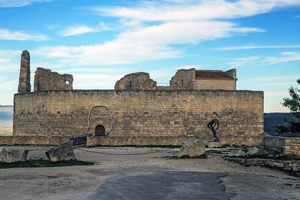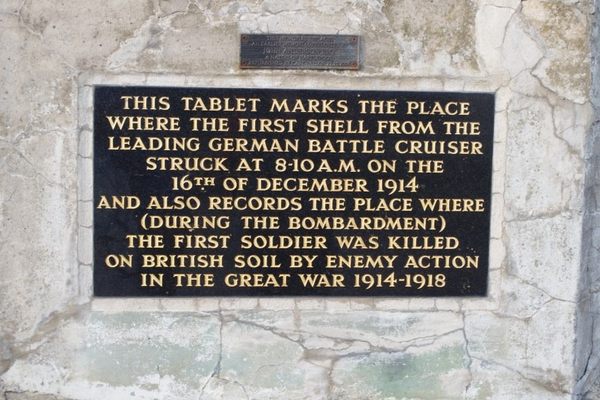About
Throughout the South of France, many small war memorials are to be found in seemingly random locations. Whilst most towns and villages will feature a large monument honoring dead soldiers from both World Wars, they are often placed in the center of town. These smaller ones are located by the sides of country roads, on hilltops and in lavender fields. Often marked with just one or two names, they commemorate fallen members of the French Resistance. Their unusual locations tragically mark the spots where they were caught, and executed there and then.
One such memorial is to be found on the outskirts of a small village called Cadenet, located in the Luberon Mountains of Provence. Just south of Cadenet is a modest industrial park bordered by fields and a small river. Here on July 14th, 1944, the anniversary of Bastille Day, eight members of the highly secretive French resistance were shot. A small monument by a roundabout is inscribed with the names commemorating the "patriotes tombes pour que vive la France."
Four were shot right there, whilst the other four tried to escape down the road and across the fields. About 100 yards from the roundabout are two smaller stones marking where Resistance members Lucien Roustan and Abel Allemand were gunned down; written on the stones are the words, “ici a ete assassine par les Allemands.” Henri Fabre made it further down the road, but another stone marks where he too was shot whilst trying to escape. Past here, the road runs parallel to a field of sunflowers and traverses a small river, where a final solitary stone marks the place where Augustin Gay was gunned down, falling to his apparent death in the stream.
But Augustin Gay was only wounded. He swam downstream to safety only to later die of his wounds. But not before he was able to tell his tale to Cadenet farmers. What was most remarkable is that today, local lore has it that his would be assassins were not German soldiers, but Frenchmen themselves, members of the dreaded and feared Milice.
The Milice was a paramilitary force working for the collaborationist French government in Vichy. Largely consisting of far right wing Frenchmen, with their expert knowledge of local terrain and customs, and with the obvious benefits of language they were often feared more by the Resistance than the infamous Gestapo.
After France surrendered to Germany in 1940, cells of organized resistance groups formed throughout France, under the nominal guidance of Charles de Gaulle in London. In the South, the rural fighters were known as "Maquis." They targeted German ammunition dumps, performed acts of sabotage, cut phone lines, monitored troop movements, and generally attempted to disrupt the occupiers as much as possible. If caught, the consequences were instant and deadly. Although exact numbers are impossible, it is thought that of the approximate 200,000 active members of the French Resistance roughly a quarter were caught and either executed swiftly, or sent to concentration camps.
In the small peaceful town of Cadenet a hardly known about memorial commemorates eight French patriots, shot not as the inscriptions would have you believe by the occupying Germans, but according to local legend by their own countrymen.
Related Tags
Published
October 9, 2015











































